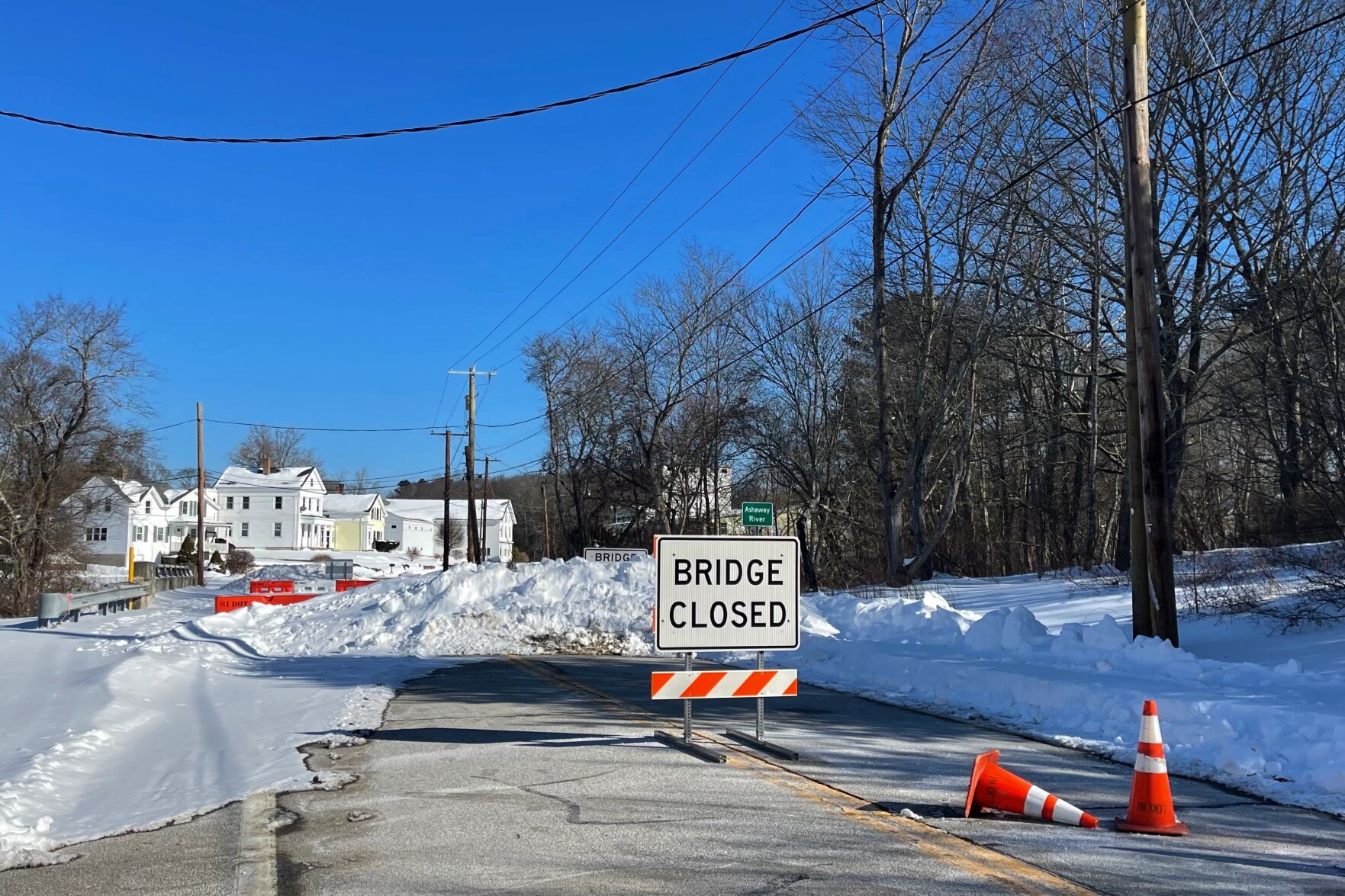India is voicing concern over new U.S. visa fee hikes that could affect tech workers from India and other countries. President Trump’s move reflects a broader push to reshape America’s immigration landscape, stirring apprehension among key international partners.
India worried over visa changes

Key Takeaways:
- India has raised worries about increased fees for H-1B visas.
- The fee hikes reflect President Trump’s broader immigration efforts.
- The announcement came on a Saturday from Washington.
- Tech workers in India and beyond could see significant cost impacts.
- Post Star originally published this report on 2025-09-21.
India’s Growing Worries
The Indian government expressed its concern this past Saturday after the Trump administration unveiled a plan to dramatically raise fees for visas commonly used by tech professionals. H-1B visas have long been relied on by workers from India and other nations looking to fill specialized roles in the United States.
Washington’s Policy Shift
President Donald Trump’s latest move to upend immigration policy places the fee increase within a broader series of changes aimed at tightening restrictions and costs for foreign workers. While specific details on the fee structure were not provided in the initial announcement, the rhetoric points to a significant financial hike for employers seeking to sponsor international talent.
Implications for Tech Workers
Many of these visa holders fill critical positions in America’s technology sector. The raised fees could create added strain on businesses that depend on skilled employees from overseas, especially in areas such as software development and engineering. Observers note that rising costs may dissuade smaller companies from pursuing global candidates, potentially altering the competitive balance in the tech industry.
Wider Political Context
The proposed increase comes in the midst of ongoing debates about how the United States should manage immigration. While supporters of stricter measures believe higher visa fees could protect domestic workers, critics in India and elsewhere fear it may harm international cooperation and economic ties. The Indian government’s swift response indicates deep apprehension about the policy’s potential ripple effects on one of its largest economic sectors.











